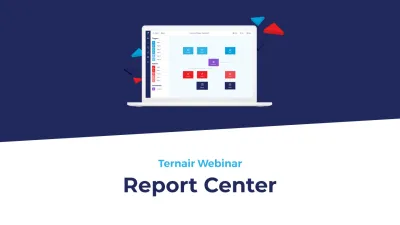First-party data is customer information that your company has collected directly, without the intervention of any party and always with the customer's permission (consent). This data therefore belongs to your organization and provides marketers with a reliable, privacy-friendly basis for their strategies and campaigns. This is in contrast to third-party data, which is becoming less and less useful due to stricter privacy regulations and browser restrictions. First-party data is a valuable and future-proof resource.
What constitutes first-party data?
Registrations: for example, when creating an account.
Newsletter subscriptions: data shared for updates or offers.
Requests: such as demos, downloads or product information.
Feedback and surveys: valuable insights gained through direct questions.
Interaction with customer service: including chatbots, emails and social media.
Customer behavior data: data on website and app usage, subject to consent.
CRM data: information collected during customer contact.
Loyalty programs's: data on purchases, retention and customer preferences.
Why is first-party data valuable?
First-party data has a number of key advantages over other data sources:
Sustainable:You collect the data yourself, which makes you independent of data sourced from or through another party, who may stop doing so for any reason.
Security and transparency: because customers give explicit consent, this data is the most compliant with strict privacy laws, such as the AVG.
High quality and reliability: the data comes directly from your customer, which makes it more accurate than third-party data.
Cost savings: you collect this data using your own resources, as opposed to repeatedly sourcing data through third-party vendors.
Better conversion results: by using higher-quality data, you can design campaigns more effectively and improve the customer experience.
Why is first-party data preferable to third-party data?
Third-party cookies used to be widely used to track customer behavior and target audiences. But this approach has quickly lost ground due to:
Browser restrictions: browsers such as Safari and Firefox block cookies by default with tools such as Intelligent Tracking Prevention (ITP) and Enhanced Tracking Protection (ETP).
Ad blockers: about 40% of Internet users have software that prevents tracking.
Privacy laws: strict regulations such as the AVG make it more difficult to legally use third-party data.
As a result, marketers often have incomplete data in tools such as Google Analytics, making it difficult to properly analyze campaigns or measure Return on Advertising Spend (ROAS).





